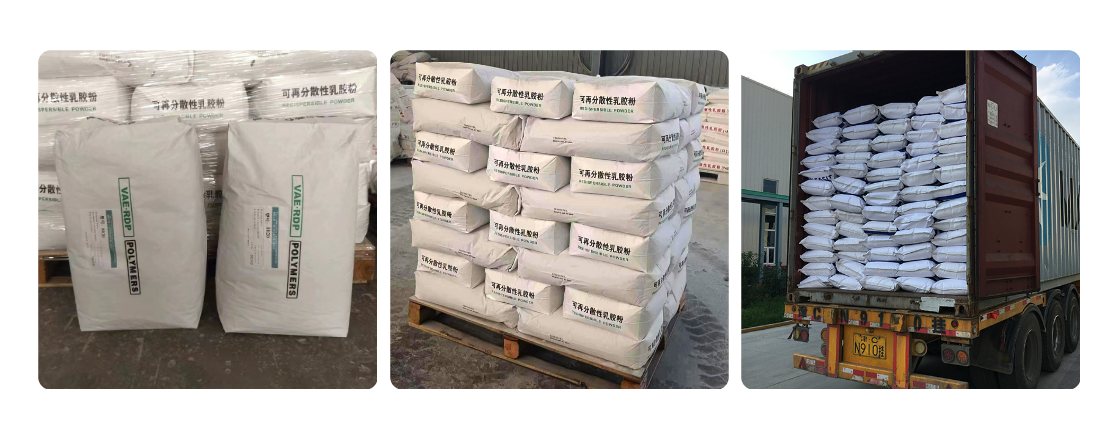
Nov . 27, 2024 00:33 Back to list
Understanding HPMC Grades for Optimal Pharmaceutical Formulation and Applications
Understanding HPMC Grades A Comprehensive Overview
Hydroxypropyl Methylcellulose (HPMC) is a versatile polymer widely utilized in various industries, including pharmaceuticals, food, cosmetics, and construction. Known for its unique properties, HPMC is derived from cellulose through a series of chemical reactions. Its grades can significantly vary in viscosity, solubility, and gelation characteristics, making it essential to select the appropriate grade for specific applications. This article aims to demystify HPMC grades, their properties, and their applications.
What is HPMC?
HPMC is a semi-synthetic polymer primarily composed of hydroxypropyl and methyl groups that are introduced into the cellulose structure. This modification enhances its solubility in cold water and provides a variety of functional properties, including thickening, binding, film-forming, and emulsifying capabilities. HPMC is known for being non-toxic and biodegradable, making it an ideal choice for applications that require high performance without compromising environmental safety.
Grades of HPMC
HPMC comes in multiple grades, each tailored for specific applications. The main factors that differentiate these grades include the degree of substitution (DS), viscosity, and molecular weight. Each grade's formulation is engineered to achieve specific rheological and functional behavior in its applications.
1. Low Viscosity Grades These grades are typically used in applications requiring less thickening power. Low viscosity HPMC is ideal for products like gels and solutions where a subtle thickener is needed. It dissolves quickly in cold water, ensuring a smooth consistency without affecting the product's overall texture.
2. Medium Viscosity Grades Medium viscosity HPMC is one of the most commonly used grades due to its balance of viscosity and solubility. These grades are useful in a wide range of applications, including pharmaceutical formulations, where they serve as binders, stabilizers, and excipients. They provide excellent film-forming properties, making them suitable for coating tablets and capsules.
3. High Viscosity Grades High viscosity HPMC is favored in applications that demand a significant thickening effect. These grades are prevalent in mortar and construction materials, where they enhance workability and water retention. In the food industry, high viscosity HPMC contributes to texture and mouthfeel in products like sauces and dressings.
hpmc grades

Functional Properties and Applications
The unique characteristics of HPMC grades, such as their ability to form gels upon heating and to retain moisture, make them suitable for various applications
- Pharmaceuticals HPMC is instrumental in drug formulation, serving as a binder in tablets, a stabilizer in suspensions, and a thickening agent in ophthalmic solutions. Its non-ionic nature minimizes interaction with active ingredients, ensuring drug stability and bioavailability.
- Food Industry In culinary applications, HPMC acts as a thickener, emulsifier, and stabilizer. It is used extensively in gluten-free products to improve texture and moisture retention, thereby enhancing the overall quality of the food item.
- Cosmetics HPMC is found in personal care products such as lotions and creams due to its thickening and binding properties. It ensures a smooth application and helps in formulating products with the desired viscosity.
- Construction In construction, HPMC is a crucial component in dry-mix mortars, plastering compounds, and tile adhesives. Its water retention properties improve workability and adhesion, leading to enhanced performance and durability of the materials.
Conclusion
Understanding the different grades of HPMC and their specific properties is vital for industries that rely on this versatile polymer. Each grade serves unique purposes, catering to different application needs across various fields. Whether in pharmaceuticals, food, cosmetics, or construction, HPMC continues to play an integral role in enhancing product quality and performance. As research and technology advance, we can expect even more innovative applications and formulations utilizing HPMC in the future.
-
HPMC for Tile Adhesive: Superior Bonding & Workability
NewsAug.30,2025
-
Premium Cellulose Ether: Effective Liquid Thickener Solutions
NewsAug.29,2025
-
HPMC for Tile Adhesive: Enhanced Bonding & Workability
NewsAug.28,2025
-
tile-bonding-additives-for-stronger-bonds
NewsAug.22,2025
-
construction-grade-rdp-for-wholesale-needs
NewsAug.22,2025
-
trusted-hec-supplier
NewsAug.22,2025







